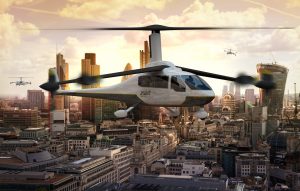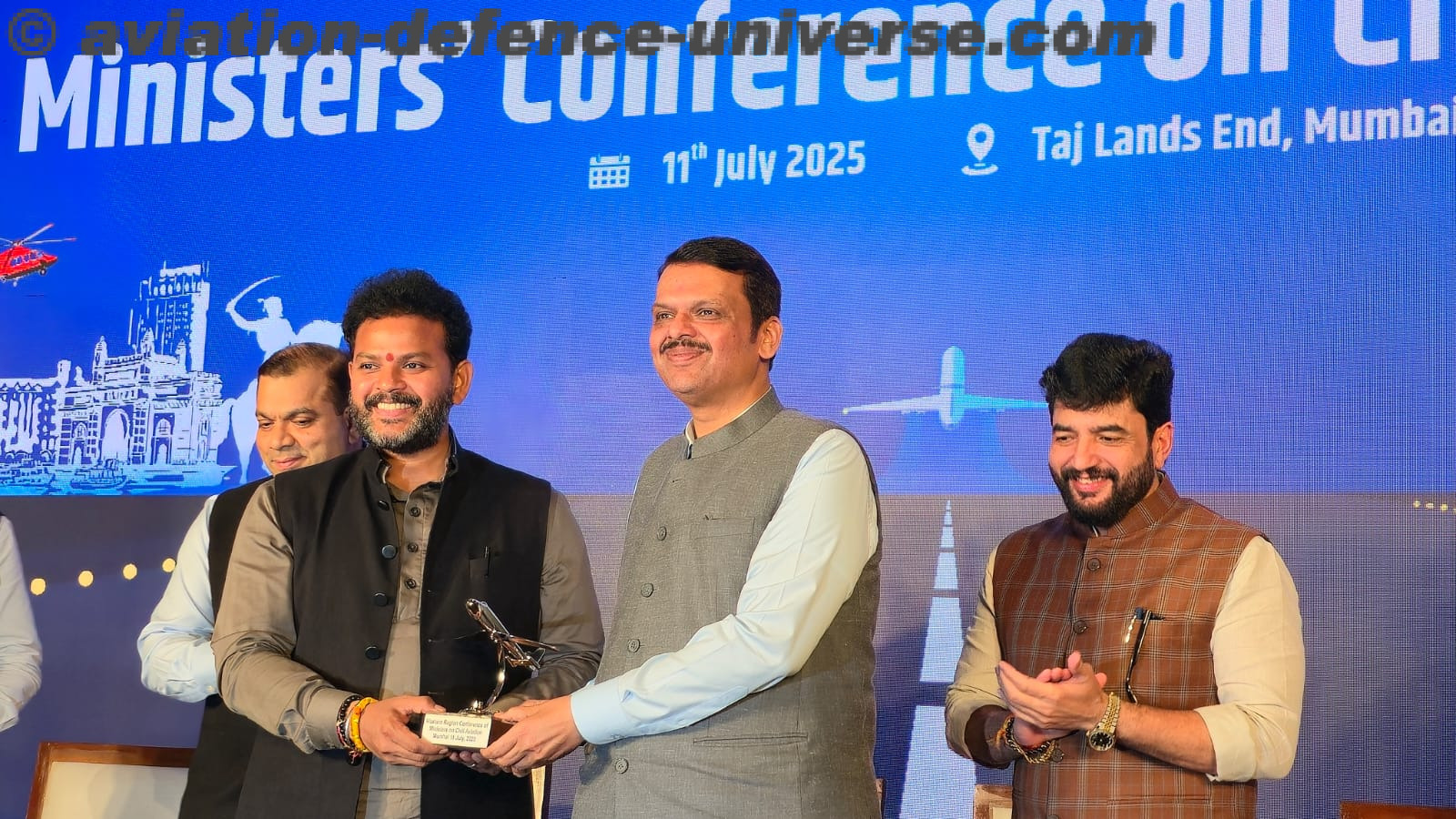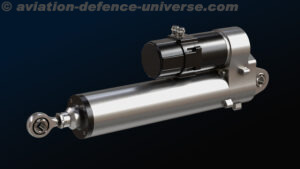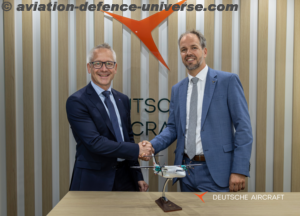Farnborough. 28 August 2020. ” We need smarter, cleaner travel now more than ever. Greenhouse gases are on the rise and populations are growing at a rapid pace. This has cities turning to cleaner forms of public transportation on the ground, in the water, and soon enough – in the air. The first of these next-generation electric flights is set to take off in just a few years with urban air mobility aircraft.

With decades of expertise in electric propulsion and flight electronics, BAE Systems is ready to help these small electric aircraft take off, by designing a series of power sources that will replace or reduce the need for an aircraft’s typical combustion engine.
To create this form of clean transportation, we’re pairing flight controls with our aircraft power management and energy systems. Our teams are at work and expect to have operational prototypes of aircraft electrification systems for urban air mobility and regional transport jets later this year. We’ve also teamed with Jaunt Air Mobility to explore new development for urban air mobility, and with Wright Electric on an electric hybrid system and controls for its 186-seat aircraft.
The systems have yet to leave the runway, but stand to make a difference when they do. Each system will cut emissions and help operators save on fuel. The technology opens the door for a new way to commute and could take cars off the road. Reduced traffic would open roadways and further reduce emissions in the places where we live, work and visit.
BAE Systems has the industry knowledge and expertise to make that happen. Our energy and power systems got their start on aircraft electric actuation systems nearly 30 years ago. The electrification technology quickly found a place in the transit bus industry and is now on more than 12,000 buses around the world. The flight controls leverage more than 40 years of investment in innovation and have flown on a variety of aircraft.
We’re pairing our experience with new investments in the technology to make flights safer and more eco-friendly. Part of that investment will improve battery technology to meet the demands of flight, and meet certification requirements for systems that must last millions of travel miles – nearly 100 times the amount of an electric car.
The path ahead is uncharted, but BAE Systems is in familiar territory. When the company first created an electric actuation system for aircraft nearly three decades ago it was ahead of its time. Now, it is ready once again to turn science fiction into reality.”


























































































































